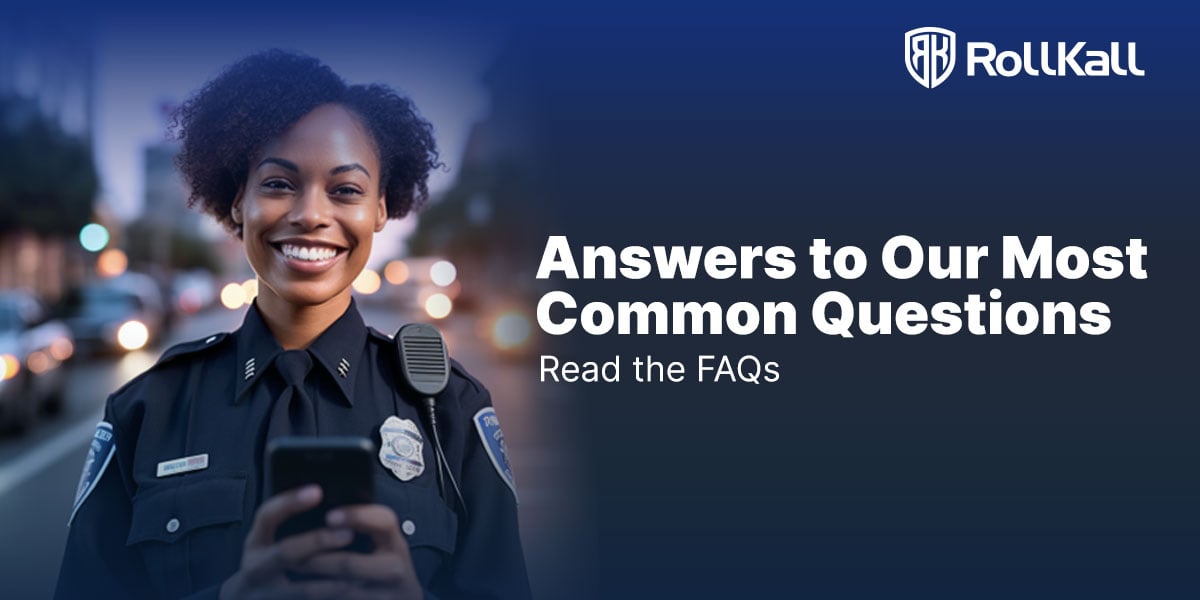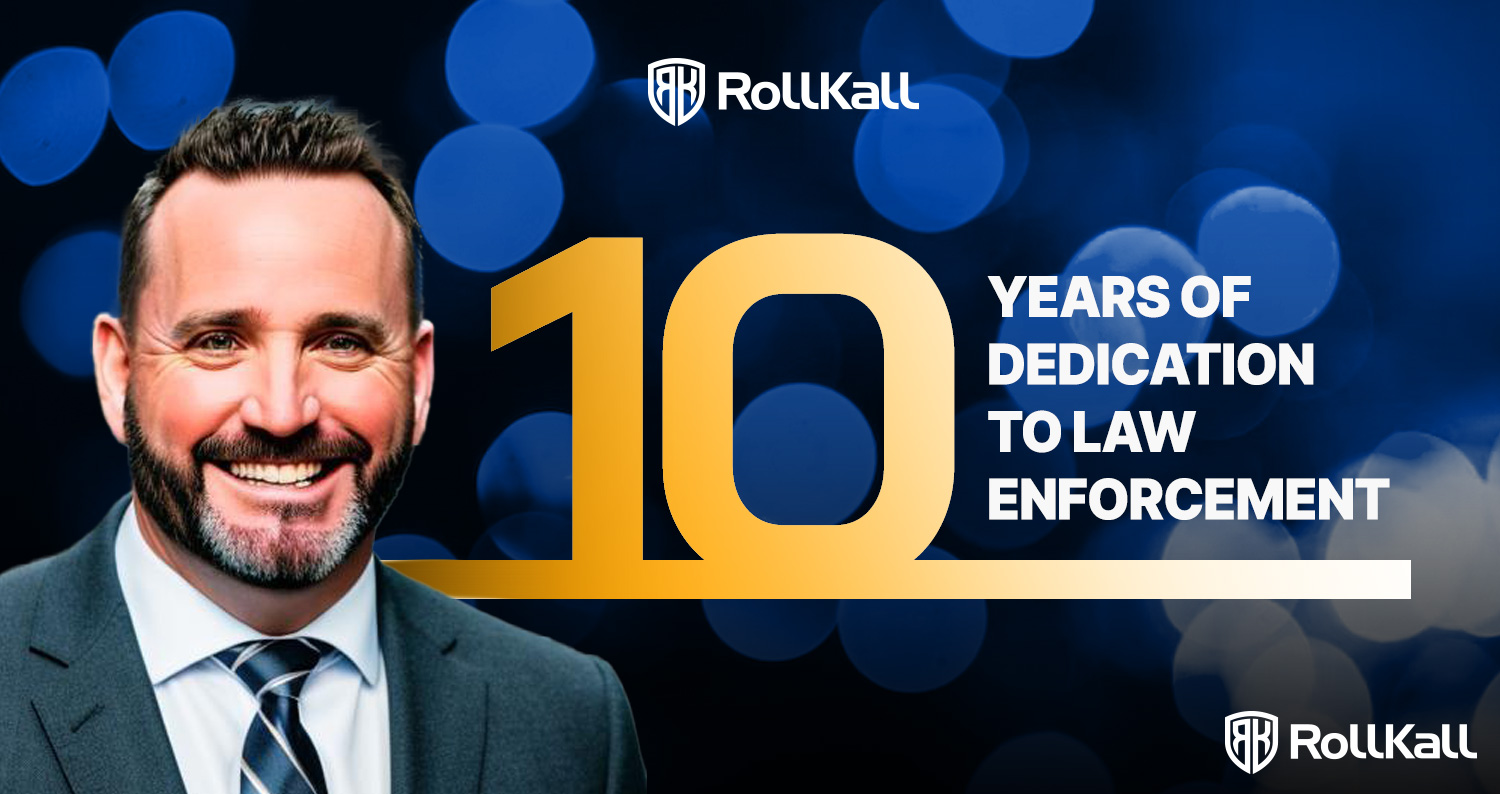Download the free guide
Aenean eu leo quam. Pellentesque ornare sem lacinia quam venenatis.
September 15 2023
The Delicate Balance of Officer Payment in Off-Duty & Extra-Duty Services

When it comes to technology, it's not just about creating innovative products or platforms; it's also about ensuring those platforms are compliant with local laws and regulations. One such challenge that has garnered much attention in our industry revolves around how officers are paid for secondary employment services to their community.
The Significance of the Issue
Officers frequently provide services beyond their primary duties. These side jobs or "gigs" come with benefits but also bring legal complexities, particularly concerning their employment classification. When partnering with a community to streamline efficiencies in these types of relationships, it’s important that the provider works with the law enforcement agency to ensure they navigate this sensitive terrain without causing unintentional legal repercussions for officers or their departments. For officers working in a 1099 capacity, excessive control by a law enforcement agency over these side jobs might inadvertently shift an officer's classification from a contractor to a traditional employee role with their primary department.
The Tightrope Walk between 1099 and W2
For those who may not be familiar with the topic, the terms 1099 and W2 might seem like just tax forms. However, they represent two distinct classifications of employment - 1099s are independent contractors and W2s are employees.
RollKall has made it a point to ensure officers maintain their 1099 status when they are paid for secondary services. This is especially crucial when an agency allows the officers to use department equipment, limits working hours, dictates work locations or rates, negotiates insurance coverage, and guarantees payment.
Agencies that incorporate off-duty work into payroll (W2) have the convenience of offering guaranteed payments. But for 1099 contractors, the picture is a bit more complicated. These officers should have a say in Profit & Loss (P&L) decisions, a factor that plays a crucial role in government reviews.
Navigating the Independent Contractor (IC) Terrain
According to legal experts, to be legally classified as an IC (1099), a worker must generally satisfy most of the IC test factors, which include:
- The company (or agency) must not exert extensive control over the worker.
- The worker should have the potential to profit and suffer a loss.
- The majority of equipment costs should be the worker's responsibility.
- The work should be project-specific rather than continuous.
- The worker must possess special skills or initiative to execute the work.
These factors, while clear on paper, require diligent scrutiny in practice. For instance, a provider's approach of offering "guaranteed" payments to officers might seem like a lucrative deal to the officer. However, this practice removes the officer's possibility of suffering a loss, potentially failing the second factor.
Courts typically consider the majority of the factors in their decisions. However, guaranteeing payments is risky and might lean against an officer's IC classification and leave the city at risk.
Navigating the world of secondary employment services and ensuring compliance with state and federal regulations is not just about following the law; it's about protecting the heroes who offer their services outside of their primary roles. It’s important that any law enforcement agency considering a managed service solution explores all the legal ramifications of the decision with their in-house counsel and ensures their provider is offering a solution that best fits their communities' short and long-term needs without exposing them to unintended liabilities.
Get the latest content delivered straight to your inbox!
Related Posts
Want more information about RollKall? Let us know a bit about you, and we’ll get back to you as soon as possible with more information and next steps!











